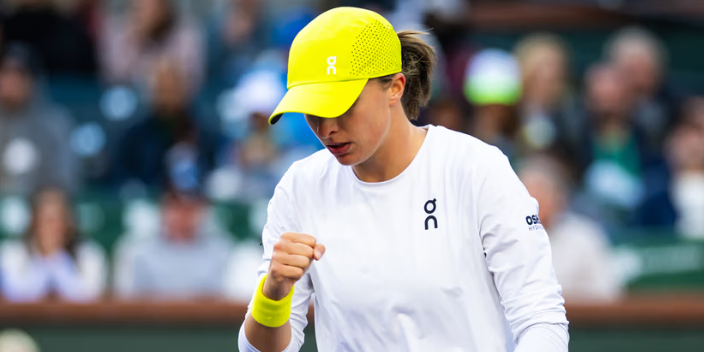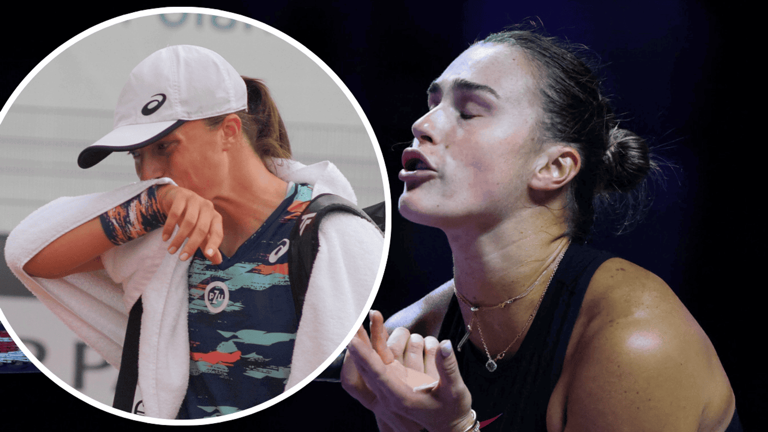Unveiling a Legacy: Commemorating Two Decades of Roger Federer’s Reign at the Pinnacle
Two decades ago, Roger Federer commenced his ATP reign, claiming the 23rd spot as the world no. 1 player on February 2, 2004, following his Australian Open victory. Born in the early 1980s, Federer faced off against emerging talents like Lleyton Hewitt, Marat Safin, Juan Carlos Ferrero, and Andy Roddick. Despite the preceding achievements of…
Two decades ago, Roger Federer commenced his ATP reign, claiming the 23rd spot as the world no. 1 player on February 2, 2004, following his Australian Open victory. Born in the early 1980s, Federer faced off against emerging talents like Lleyton Hewitt, Marat Safin, Juan Carlos Ferrero, and Andy Roddick.
Despite the preceding achievements of other players in securing the ATP throne, Federer’s ascendancy in 2004 marked a pivotal moment, propelling him to four and a half years as the world no. 1 and etching his name in tennis history. Notably, in 2001, he surprised seven-time Wimbledon champion Pete Sampras with back-to-back Major quarter-final appearances.
Federer’s breakthrough came in 2003, a year that saw him clinch seven titles, including Wimbledon and the Masters Cup. Following a first Masters 1000 title in Hamburg, he entered the top-10, setting the stage for his imminent world no. 1 status.
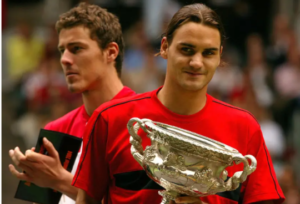
Despite setbacks, such as a loss to Andy Roddick in the Canada Masters, Federer’s relentless pursuit continued. David Nalbandian thwarted his initial No. 1 coronation in 2003, but Federer rebounded, securing the top spot in 2004 after triumphing at the Australian Open.
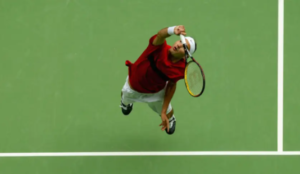
Federer’s dominance persisted until August 2008, marked by an unprecedented 237 consecutive weeks as the world no. 1 across all surfaces. The Swiss maestro’s legacy endured for 15 years, fending off challenges from competitors like Rafael Nadal.
Nadal emerged as Federer’s closest rival in 2005, yet Federer’s prowess held firm until 2008. Federer’s incredible record of 237 consecutive weeks as world no. 1 set a benchmark that would prove challenging to surpass.
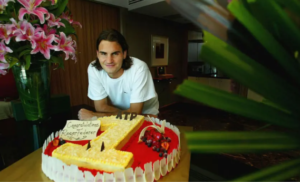
In 2018, Federer reclaimed the world no. 1 ranking briefly, becoming the oldest top-ranked player in ATP history. His later years were marred by injuries, with a knee ailment truncating his 2020 season. A valiant return in 2021 led him to the Wimbledon quarter-finals, but ongoing knee issues led to his retirement at the 2022 Laver Cup, culminating in a poignant farewell in London’s O2 Arena surrounded by his greatest rivals.
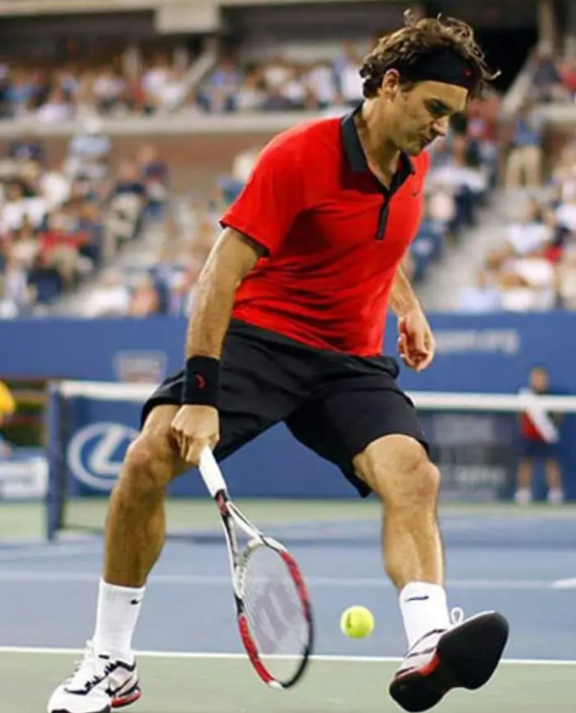
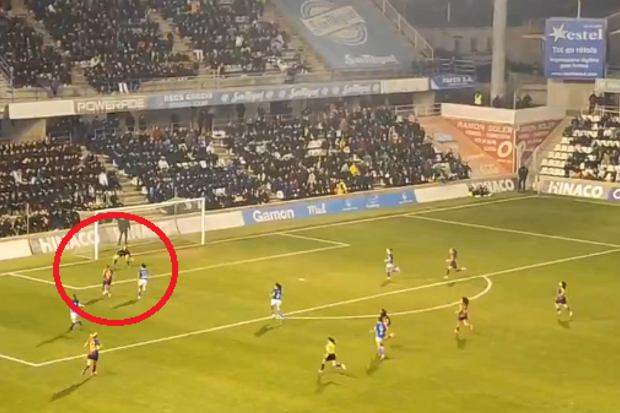

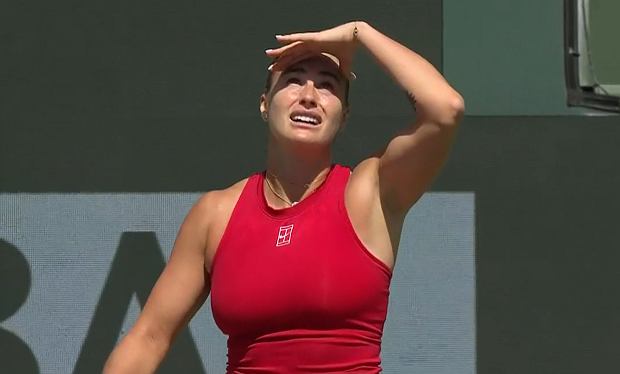
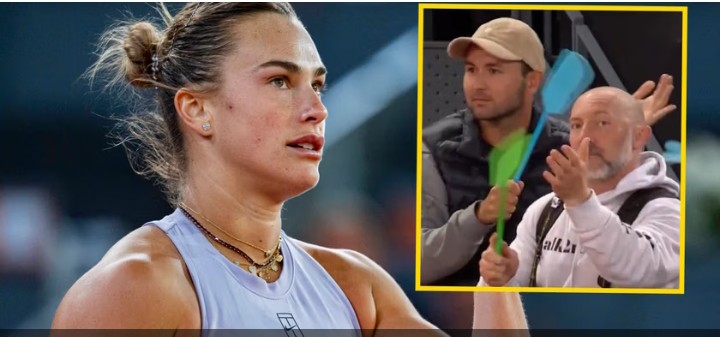

 reply to USA NELLY KORDA for the accusations she laid one her of cheating in the women’s open, saying DEROGATORY words about her method of play that got her sanctioned
reply to USA NELLY KORDA for the accusations she laid one her of cheating in the women’s open, saying DEROGATORY words about her method of play that got her sanctioned 